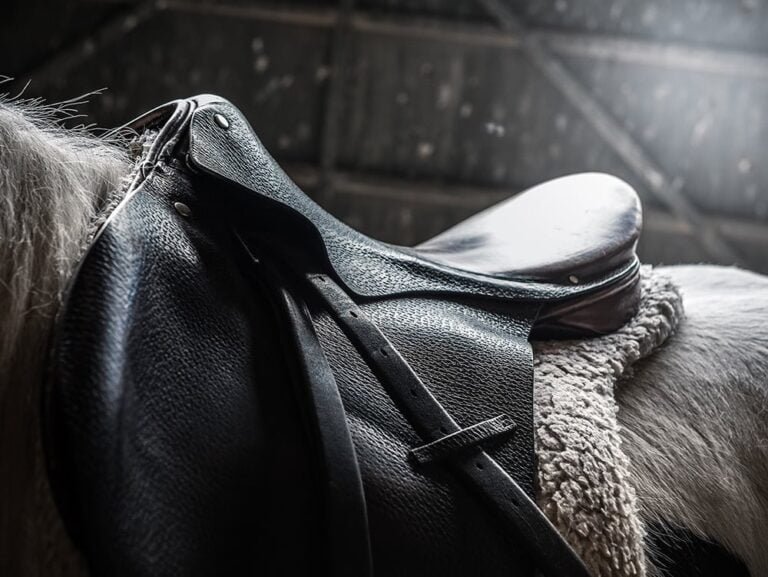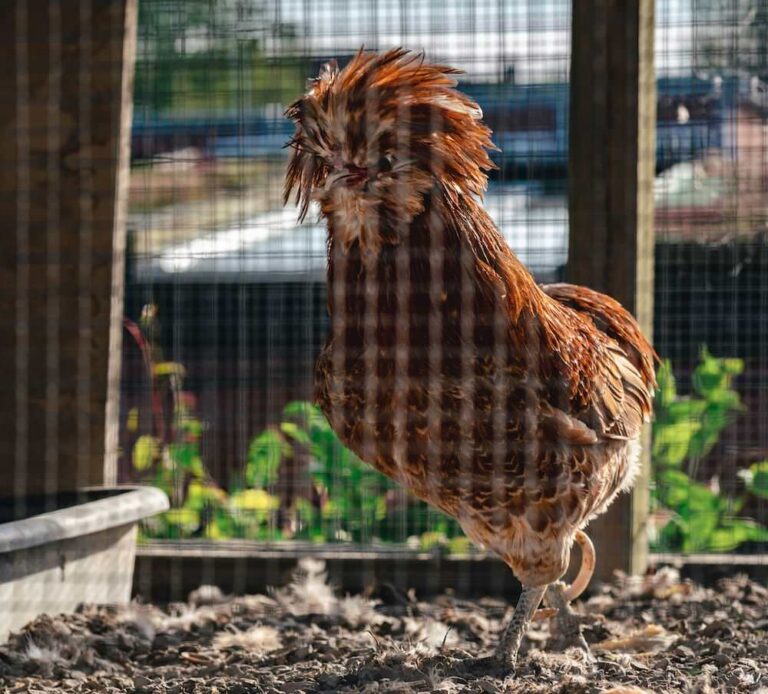prendre
The French verb “prendre” means “to take,” but a bit confusingly it can also mean “to bring.” Its conjugation in the present tense is irregular, so it must be memorised. However, “prendre” forms the basis for compound verbs such as “comprendre” (to understand), “apprendre” (to learn), “reprendre” (to take back), “surprendre” (to surprise) and many more. See the Compounds & Homologues post for more information. So if you can successfully conjugate “prendre,” you will be able to conjugate 11 other verbs too.
Conjugation in Present Tense:
- Je prends (I take)
- Tu prends (You take)
- Il/elle/on prend (He/she/one takes)
- Nous prenons (We take)
- Vous prenez (You take)
- Ils/elles prennent (They take)
Conjugation in Passé Composé:
To form the passé composé, “prendre” uses the auxiliary verb “avoir” and the past participle “pris.”
- J’ai pris (I took)
- Tu as pris (You took)
- Il/elle/on a pris (He/she/one took)
- Nous avons pris (We took)
- Vous avez pris (You took)
- Ils/elles ont pris (They took)
Usage Examples:
- Taking Objects:
- Je prends le livre. (I take the book.)
- Il prend son café tous les matins. (He takes his coffee every morning.)
- Taking Transport:
- Nous prenons le train pour Paris. (We take the train to Paris.)
- Elle prend l’avion pour voyager à l’étranger. (She takes the plane to travel abroad.)
- Taking Time:
- Je prends une heure pour déjeuner. (I take an hour for lunch.)
- Ils prennent du temps pour réfléchir avant de décider. (They take time to think before deciding.)
- Taking Food/Drink:
- Tu prends du jus d’orange ou du café ? (Are you taking orange juice or coffee?)
- Elle prend toujours une salade pour le déjeuner. (She always takes a salad for lunch.)
- Taking Actions:
- Ils prennent des mesures pour résoudre le problème. (They take measures to solve the problem.)
- Prends ton temps pour répondre. (Take your time to answer.)
- Taking Medication:
- Elle prend des médicaments contre le rhume. (She takes medicine for the cold.)
- Tu prends ce médicament après les repas. (You take this medicine after meals.)
- To Bring:
- n’oublie pas de prendre des bottes (don’t forget to bring boots)
- je n’ai pas pris assez d’argent (I haven’t brought enough money)






